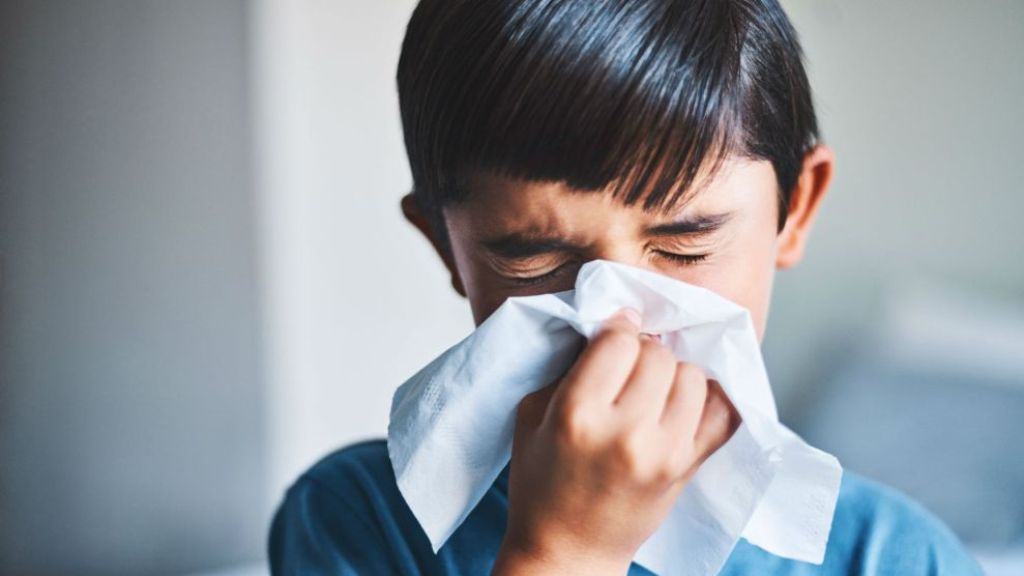Health
Why You Shouldn’t Panic About the New Coronavirus

The death toll from a coronavirus outbreak in China has risen to 908, with over 40,000 confirmed infections as of Sunday. The outbreak is serious, but the odds are that the everyday flu is a much more serious risk to your health.
At this point, the seasonal flu carries much greater odds of killing you than the novel coronavirus recently identified in Wuhan, China.
The common flu causes up to 5 million cases of severe illness worldwide and kills up to 650,000 people every year, according to the World Health Organization.
According to the US Centers for Disease Control and Prevention (CDC) flu caused about 60,000 American fatalities between 2017 and 2018. To date, the number of deaths due to the new coronavirus in China is 908, according to the latest report from the New York Times.
Additionally, 2 people outside of China have died from the disease, one in Hong Kong and one in the Philippines.
Coronavirus has low mortality rate
“This is not the first respiratory virus epidemic or pandemic we’ll see, nor will it be the last,” experts say.
“It’s too easy to believe everything that’s posted on Facebook or Twitter and get swayed into hysteria. Educating yourself on what’s happening is the strongest weapon against panic,” Dr. Anita Sircar says.
Experts emphasize that this coronavirus is at this point less dangerous than the SARS epidemic. Which also originated in China.
“SARS was not especially transmissible, but more deadly. It was also eventually controlled by public health measures. nCoV seems to be quite a bit more transmissible, but less deadly,” said Gary Whittaker, PhD, professor of virology at Cornell University College of Veterinary Medicine.
The initial symptoms of coronavirus are typically similar to those of a cold or flu. Which means it is hard for people to know if they are infected. Especially given that the outbreak has coincided with flu season.
The coronavirus seems to have a 3 percent mortality rate. However, this could be an overestimate since there may be a far larger pool of people who have been infected but haven’t suffered severe enough symptoms to visit a hospital.
Presently no vaccine for coronavius
Consequently, it is difficult to gauge just how contagious the coronavirus is. A crucial difference is that unlike flu, there is no vaccine for the new coronavirus. This means it is more difficult for vulnerable members of the population. Above all elderly people or those with existing respiratory or immune problems.
The common flu does not grab the headlines. But attach a foreign name to a virus – such as Ebola, Zika or Wuhan coronavirus – and then the headlines flow.
The CDC has called this coronavirus “a very serious public health threat.” But also adds that its immediate health risk to the American public is low.
In contrast, at least 19 million people in the U.S. have experienced flu illnesses this season, the CDC estimates. About 180,000 people have been hospitalized so far, and an estimated 10,000 have died. Sixty-eight children have already died this flu season.
Basic protective measures against the new coronavirus
Wash your hands frequently with soap and water or use an alcohol-based hand rub if your hands are not visibly dirty.
Why? Washing your hands with soap and water or using alcohol-based hand rub eliminates the virus if it is on your hands.
Practice respiratory hygiene
When coughing and sneezing, cover mouth and nose with flexed elbow or tissue – discard tissue immediately into a closed bin and clean your hands with alcohol-based hand rub or soap and water.
Why? Covering your mouth and nose when coughing and sneezing prevent the spread of germs and viruses. If you sneeze or cough into your hands, you may contaminate objects or people that you touch.
Maintain social distancing
Maintain at least 1 mete (3 feet) distance between yourself and other people. Particularly those who are coughing, sneezing and have a fever.
Why? When someone who is infected with a respiratory disease, like 2019-nCoV, coughs or sneezes they project small droplets containing the virus. If you are too close, you can breathe in the virus.
Avoid touching eyes, nose and mouth
Why? Hands touch many surfaces which can be contaminated with the virus. If you touch your eyes, nose or mouth with your contaminated hands. You can transfer the virus from the surface to yourself. If you have fever, cough and difficulty breathing, seek medical care early






























